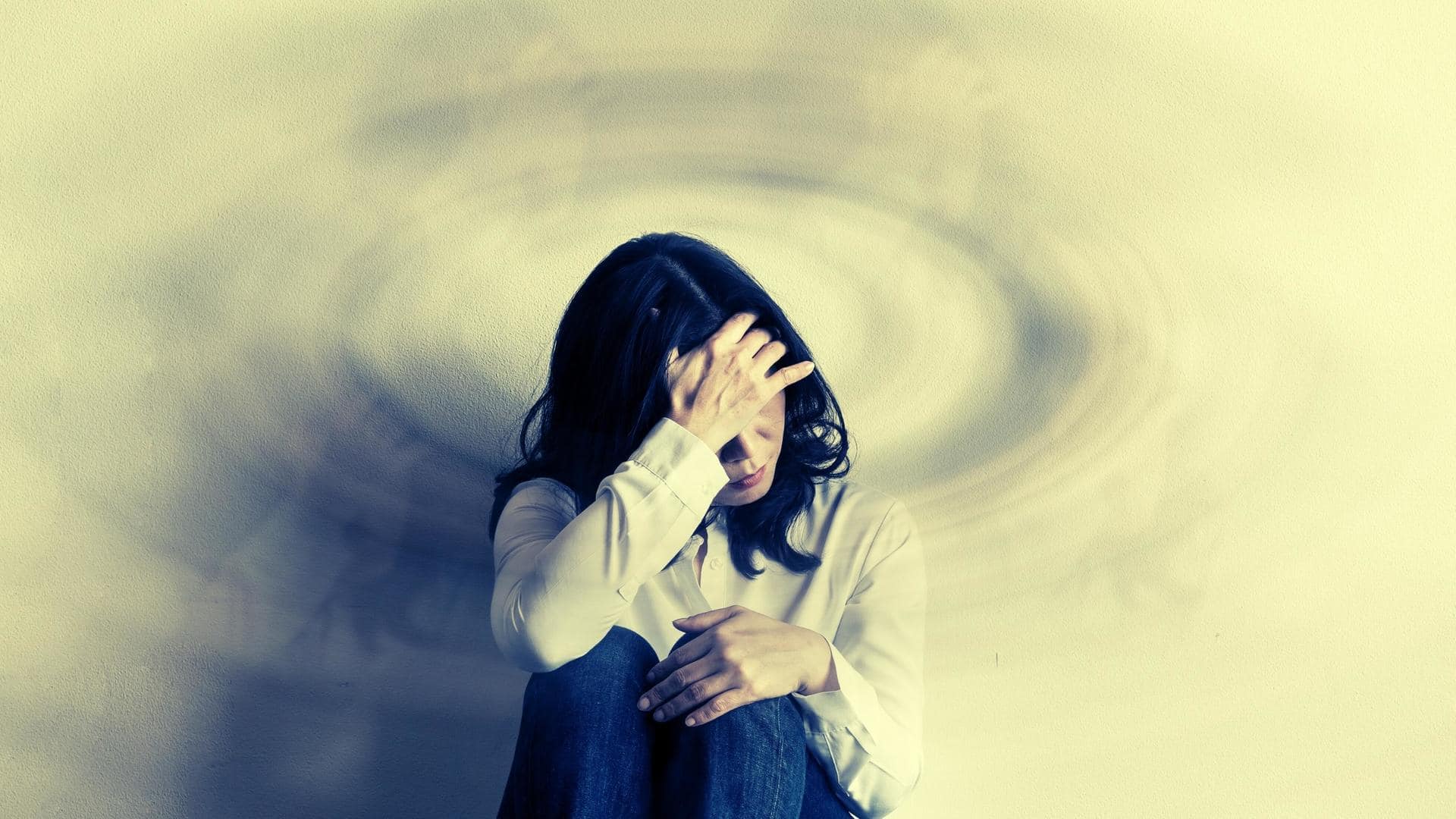
Vertigo: Causes, signs, treatments, and myths
What's the story
Vertigo is different from feeling light-headed. It is a sensation as though the entire world around you is spinning, which is often mistaken as dizziness. People with this health condition feel as if they are in constant motion, even when stationary in a place. From its meaning and causes to symptoms, treatments, and myths, here is everything you should know about vertigo.
Context
Here's what our expert says
Vertigo is a symptom of an underlying disease, its treatment lies in managing the underlying condition. True vertigo is experienced in the middle ear, inner ear, and vestibular nerve pathologies. This can be infectious, inflammatory, traumatic, or neoplastic in origin. Assessment of vertigo by a specialist is important as it can often be confused with fainting and dizziness caused due to other systemic conditions.
Overview
Vertigo isn't a disease but a symptom of many ailments
As aforementioned that vertigo causes dizziness and sensations as though the world around one is spinning/moving, it is essential to know that it is a symptom of many diseases instead of being one itself. Peripheral vertigo and central vertigo are the two main types. While the former happens with an underlying problem in the inner ear, the latter is an issue with the brain.
Causes
Inner ear problems, head injury, and medications may cause vertigo
Vertigo is a sensation that a host of medications can induce. These are especially those that may affect the functioning of your inner ear. Additionally, a head injury can also trigger this condition. Inflammation or pressure in the vestibular nerve and irritation or swelling in the inner ear are also two factors that can cause you to get vertigo.
Symptoms
Vision problems, dizziness, and ringing in the ears are signs
Vertigo is a symptom on its own. However, it can trigger multiple other sensations depending upon the severity of the condition. People with vertigo can also experience problems in eye focus, headaches, ringing in the ears, hearing loss in one or both ears, and nausea. They may also experience a loss of balance, which can cause them to tumble or fall.
Treatments
Medications and vestibular rehabilitation are some effective treatments for vertigo
The kind of treatment you may get for your vertigo depends largely upon the underlying disease/issue you are facing. However, medication is the common treatment that can help manage your symptoms. Vestibular rehabilitation is an effective therapy for those experiencing vertigo owing to inner ear problems. Surgery becomes necessary if your vertigo is due to a brain tumor or a neck injury.
Home remedies
Debunking myths about vertigo
Myth 1: Vertigo is the same as dizziness. Dizziness and vertigo are different. While the former feels like your head is spinning, the latter is when you feel the room you are in is spinning around you. Myth 2: Vertigo only happens to those who fear heights. People with acrophobia can experience vertigo as a stress response, however, the two conditions are poles apart.